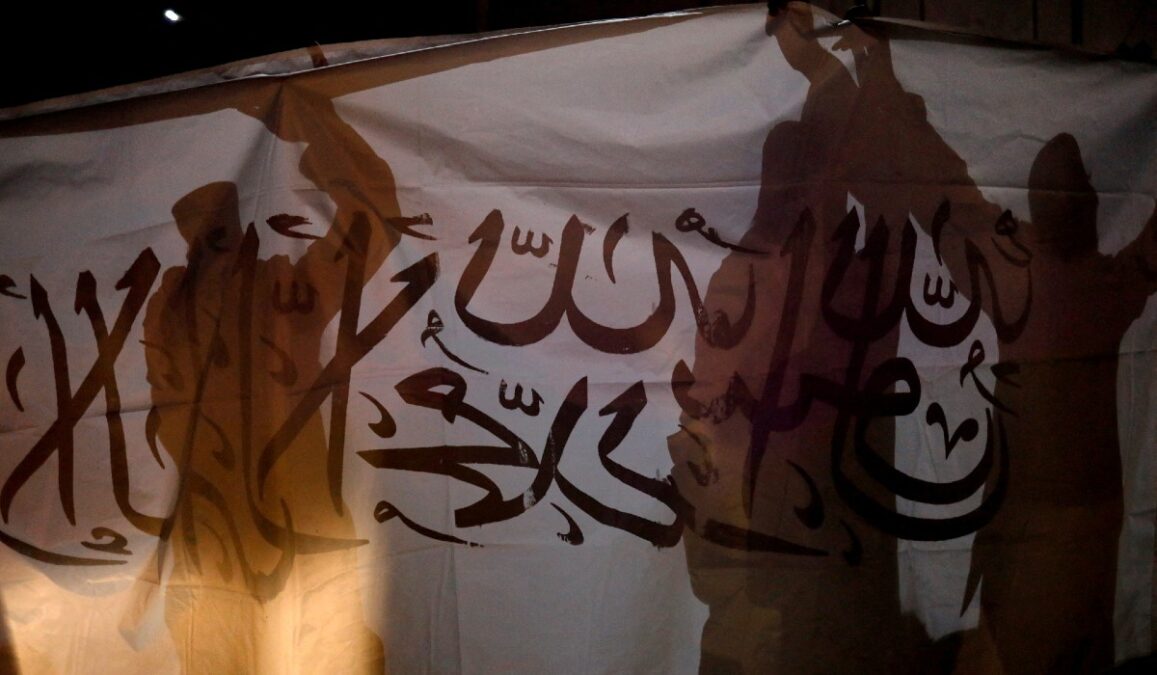Taliban has dismissed international criticism of their new law, stating there is “no need for anyone to criticize or complain” about the decree.
Abdul Ghafar Farooq, the head of publications for the Taliban’s Ministry for the Promotion of Virtue and Prevention of Vice, told Amu that the law was crafted in accordance with the Quran, Hadith, and Hanafi jurisprudence.
Farooq refused to send a video statement to Amu, stating that doing so is prohibited. He emphasized the Taliban’s commitment to fully enforcing the law.
“There is no need for criticism or complaints. This is a Sharia law, formulated under the guidance of the Quran, Hadith, and Hanafi jurisprudence. Such a law is necessary for an Islamic society, and we assure you that it will be highly effective in promoting virtue and preventing vice. The ministry is fully committed to its implementation,” Farooq said.
The Taliban’s new decree has sparked strong backlash from global organizations, Afghan women’s groups, and human rights activists, who have condemned it as a severe violation of human rights. The deputy director of Human Rights Watch’s women’s rights division has also harshly criticized the law, calling it a serious infringement on women’s rights.
The law also mirors rules imposed on women’s rights by Daesh in Syria.
The Taliban announced the law earlier this week. It includes provisions that ban women’s voices in public and require them to cover their entire bodies, including their faces. The law also grants Taliban enforcers the authority to issue verbal threats and detain individuals in violation of the decree.
According to findings by Amu, the Taliban’s new edict bears similarities to the laws enforced by ISIS in Syria.
The Taliban’s law mandates that women be fully covered, including their faces, and prohibits them from speaking with or being seen by men. The Taliban have also imposed bans on shaving beards, playing music, and other activities, echoing the restrictions once imposed by ISIS in Syria.





